Puerto Rico is rapidly becoming a tax haven for many wealthy Americans. Thanks to Act 60 that incentivizes Americans to boost Puerto Rican economy, people are moving there.
Moving there to live and do business doesn’t cost a mainland American their citizenship. But the locals, it seems, are not entirely happy with the situation.
Act 60 Migrants
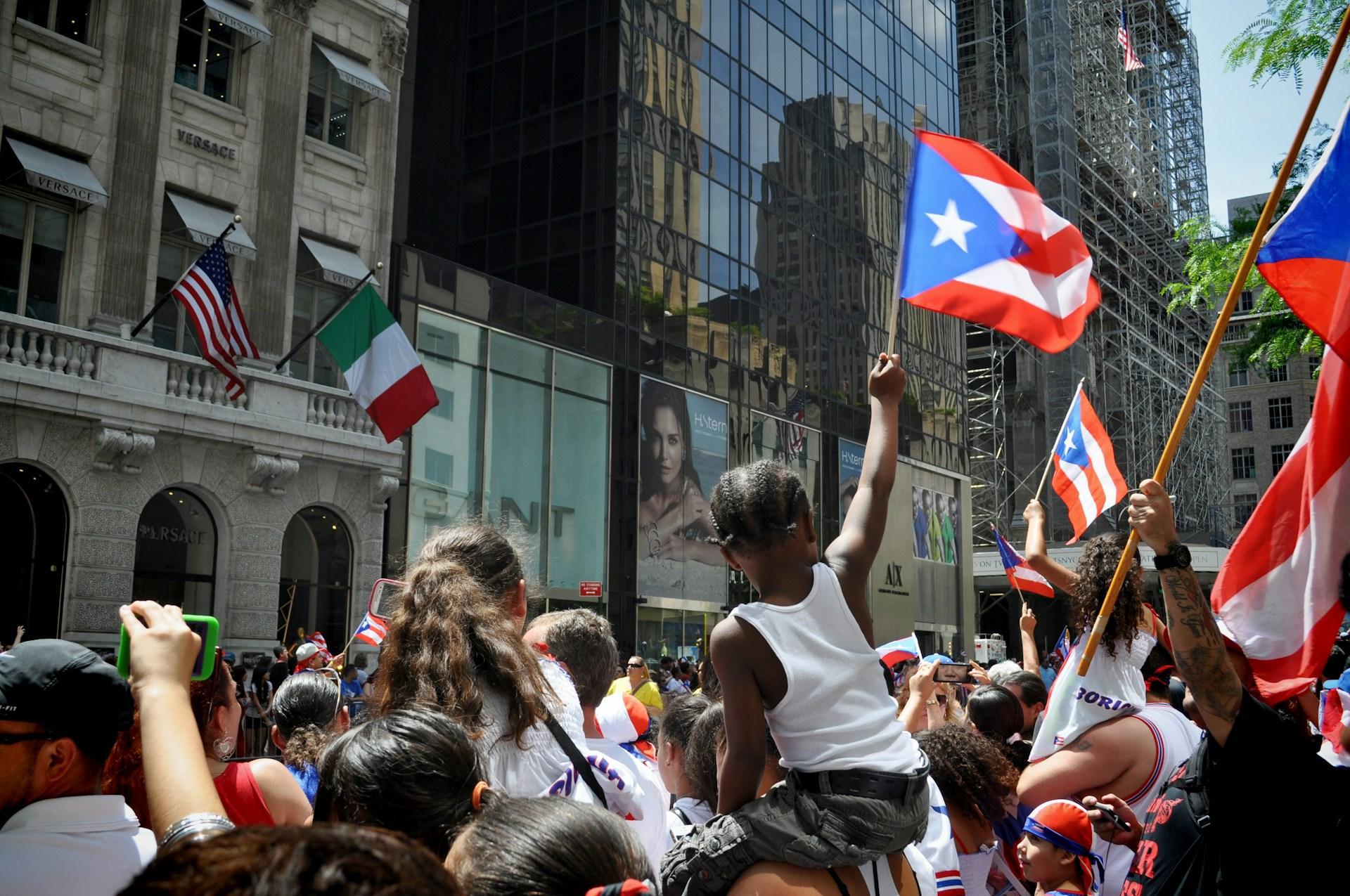
There were about 27,000 people moving from the US mainland to Puerto Rico between 2021 and 2022, according to the US Census Bureau.
Under Act 60, these newcomers get a 4% income tax rate plus a 75% discount on property tax. If they accrue capital gains on the island, there’s no tax.
Local Share
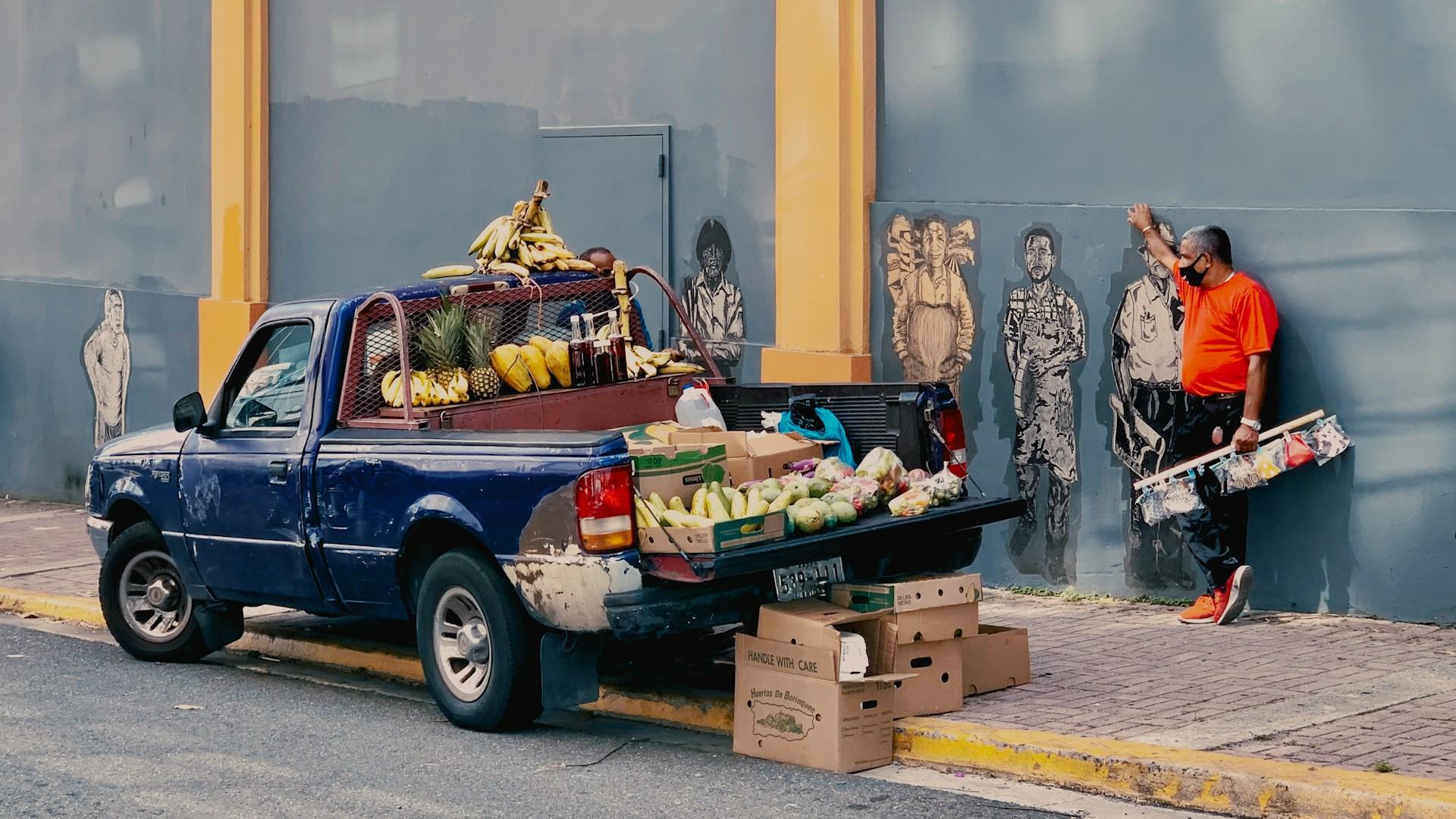
The Puerto Ricans are supposedly getting plenty out of it, too. Act 60 helps ensure that those profiting from the tax breaks also contribute to the local economy.
A person must give $10,000 every year to charities based on Puerto Rico. Plus, they must also purchase a residence in Puerto Rico within 2 years of moving there.
Hard for Locals
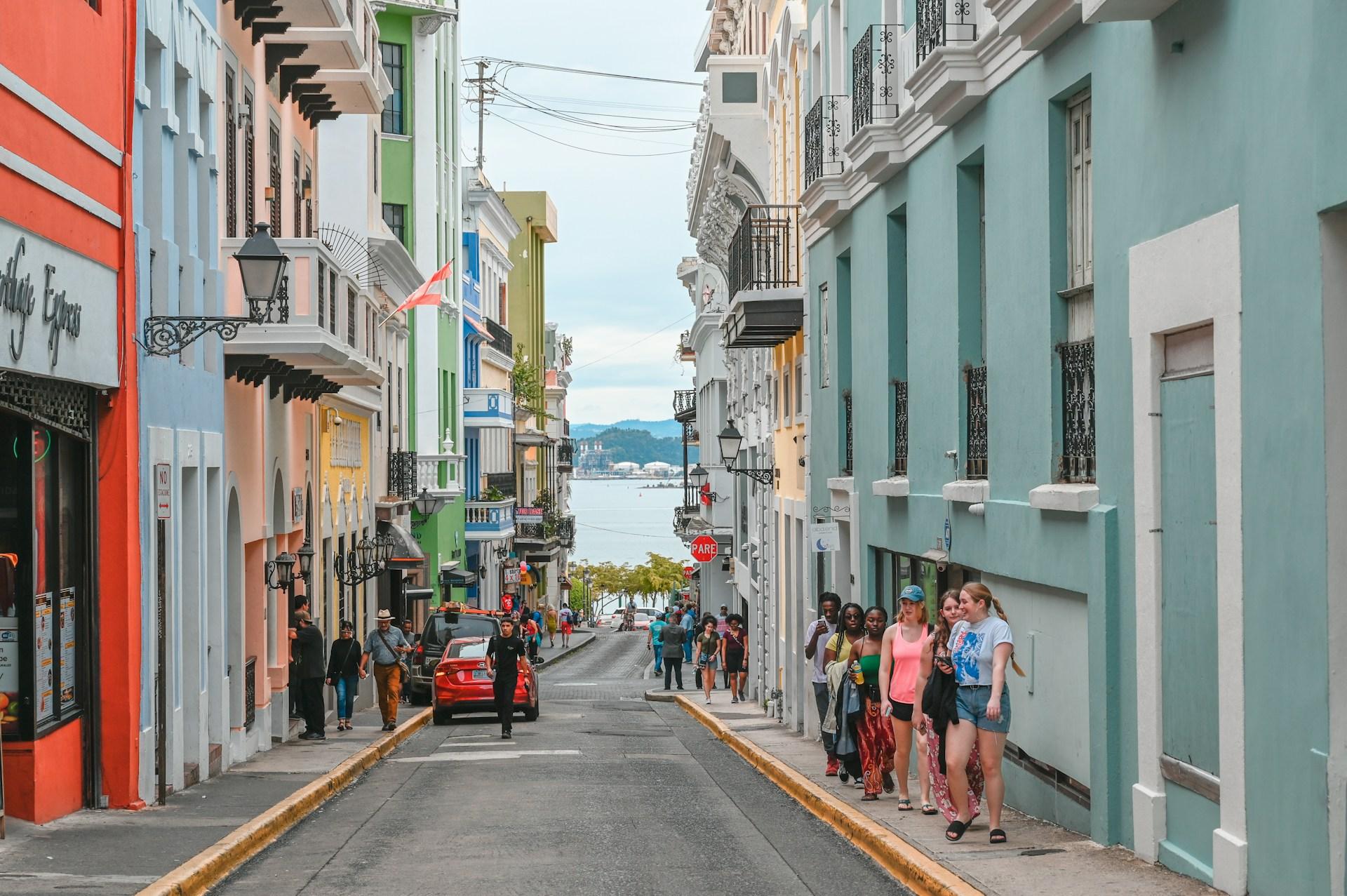
On paper, this seems to be fair. But not all Puerto Ricans agree. A native Puerto Rican, Anna, speaking to Business Insider said all it did was make it harder for the locals to live there.
A boost coming from new businesses and wealthy foreigners coming to the island also resulted in rising property costs. Plus, for many Puerto Ricans, there are fewer professional job opportunities.
Low-Paying Jobs

A luxurious hotel purchase by crypto millionaire Brock Pierce in 2022 might open new jobs, said Anna, but these are low paying jobs.
“When people mention how this is helping, they talk about creation of jobs in the service industry, cleaning Airbnbs, day care for kids,” she said. “On the other hand, many young professionals leave the island due to the lack of job prospects, decent salaries, and job conditions.” Anna herself left for Europe to pursue a career in software engineering.
Living Cost Rising
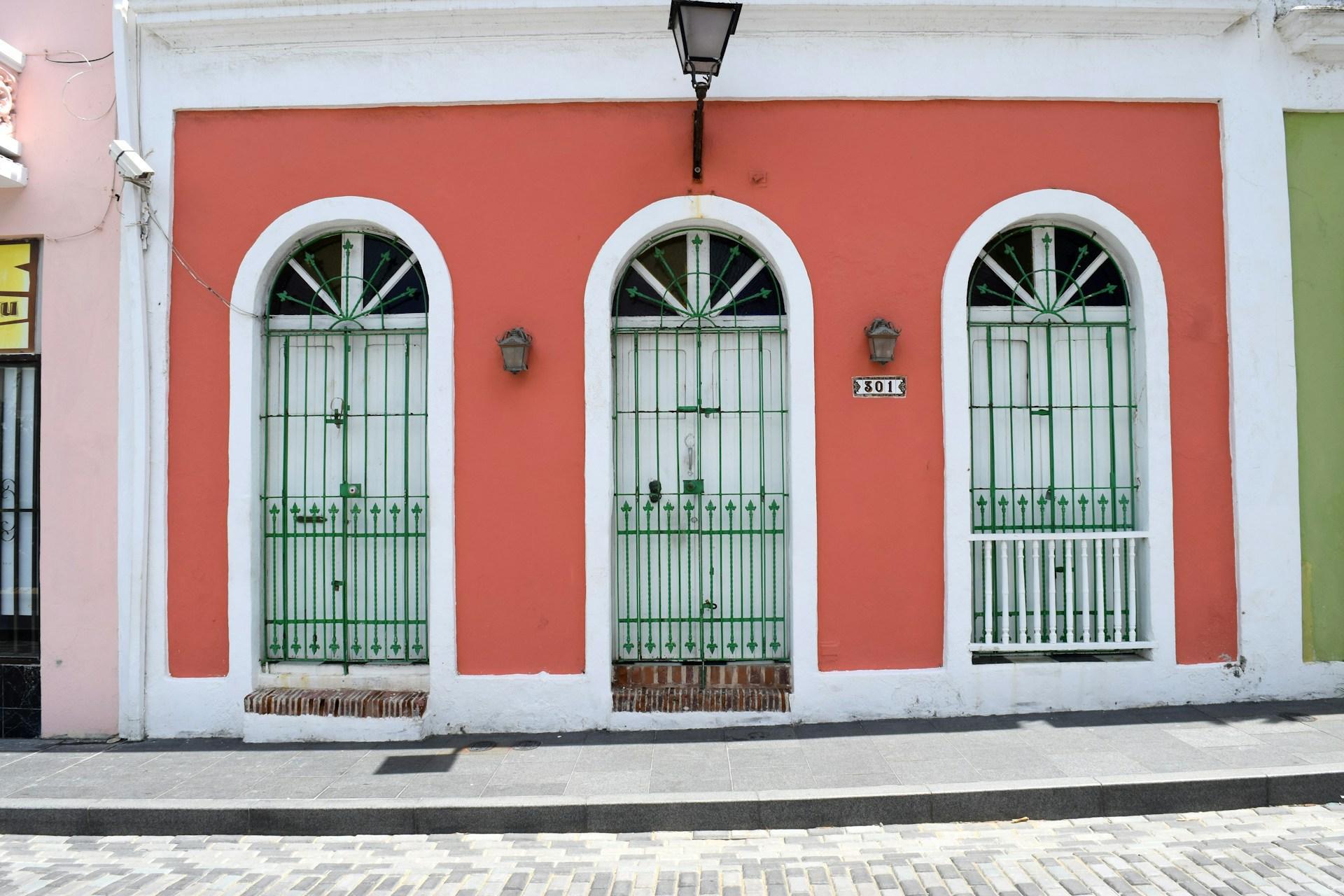
Puerto Ricans also complain that it’s getting more difficult and expensive to buy property. Rent costs a lot, too.
Anna pointed out that family homes used to cost about $200,000 or less on the island. Now, it’s “easily over $300,000.” Realtor.com data showed that the price was actually for a rural town 40 minutes from the capital city. Meanwhile in San Juan itself, the median home price is $950,000, which is 37% higher than the previous year.
Out of Reach
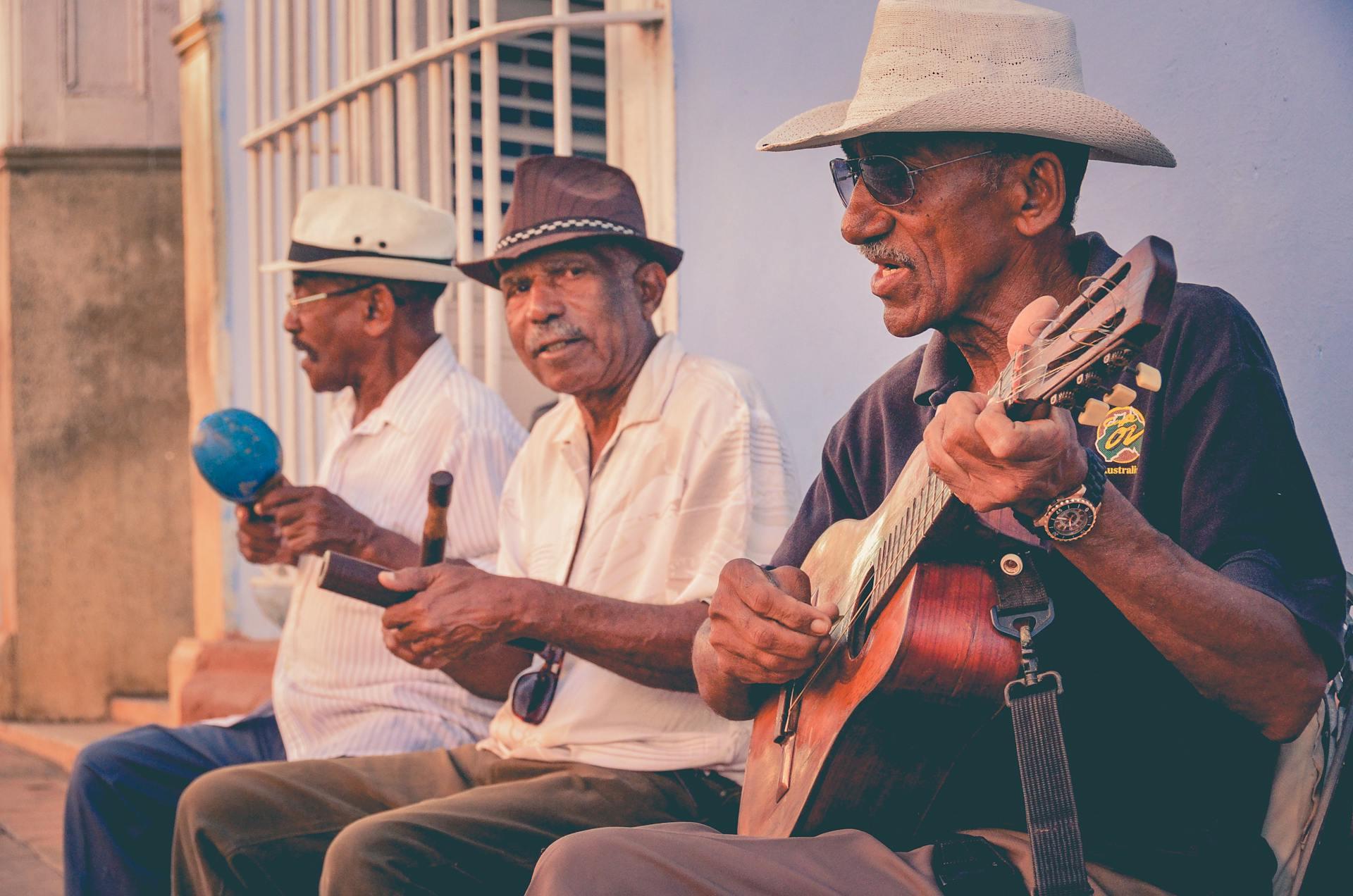
For wealthy Americans, these prices may be a bargain. But for Puerto Ricans, that is definitely not the case. These house prices are out of their reach.
Census data again showed that almost half of the Puerto Rican population (42%) lives in poverty, with a median income of only $24,000. And if they could only get low-paying jobs, they would not rise above the poverty level.
Real Estate Horror
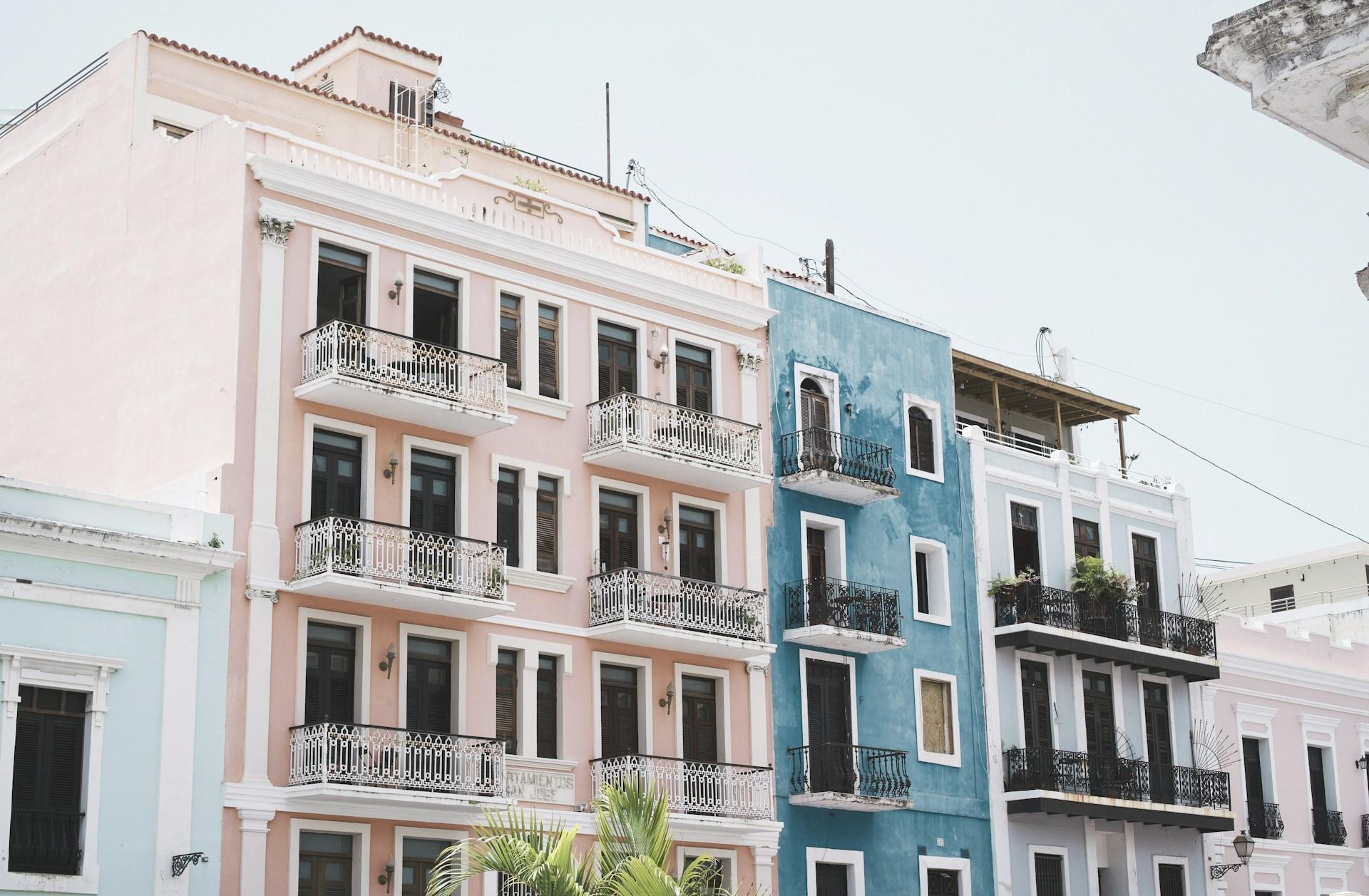
Real estate investors drawn to Puerto Rico by Act 60 are also presenting a horror show for the locals.
Case in point: former San Juan mayoral candidate Adrián González Costa announced the purchase of 9 buildings in Rio Piedras neighborhood. Then, in one of the buildings, residents were told their rent would increase by $300 every month.
Short-Term Rentals
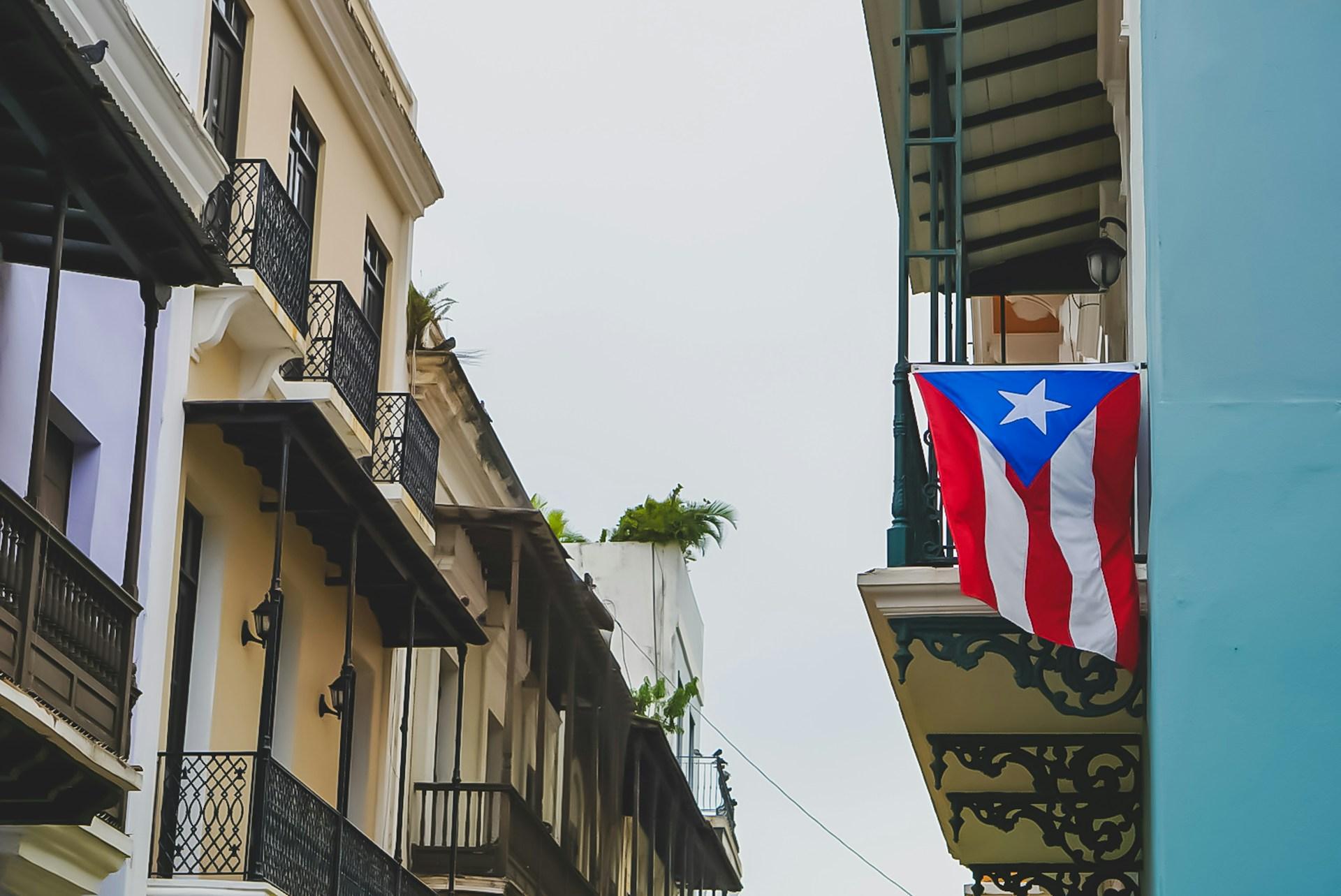
Housing supply on the island has become even more limited, thanks to short-term rentals, like Airbnb, cropping up all over the place.
With 25,000 short-term rentals in Puerto Rico, up a thousand houses from 10 years ago, the locals can’t live there. Although, this can also be blamed on Hurricane Katrina in 2017, which caused Puerto Ricans to flee to the mainland, resulting in the availability of more cheap housing.
Not Your Tax Haven
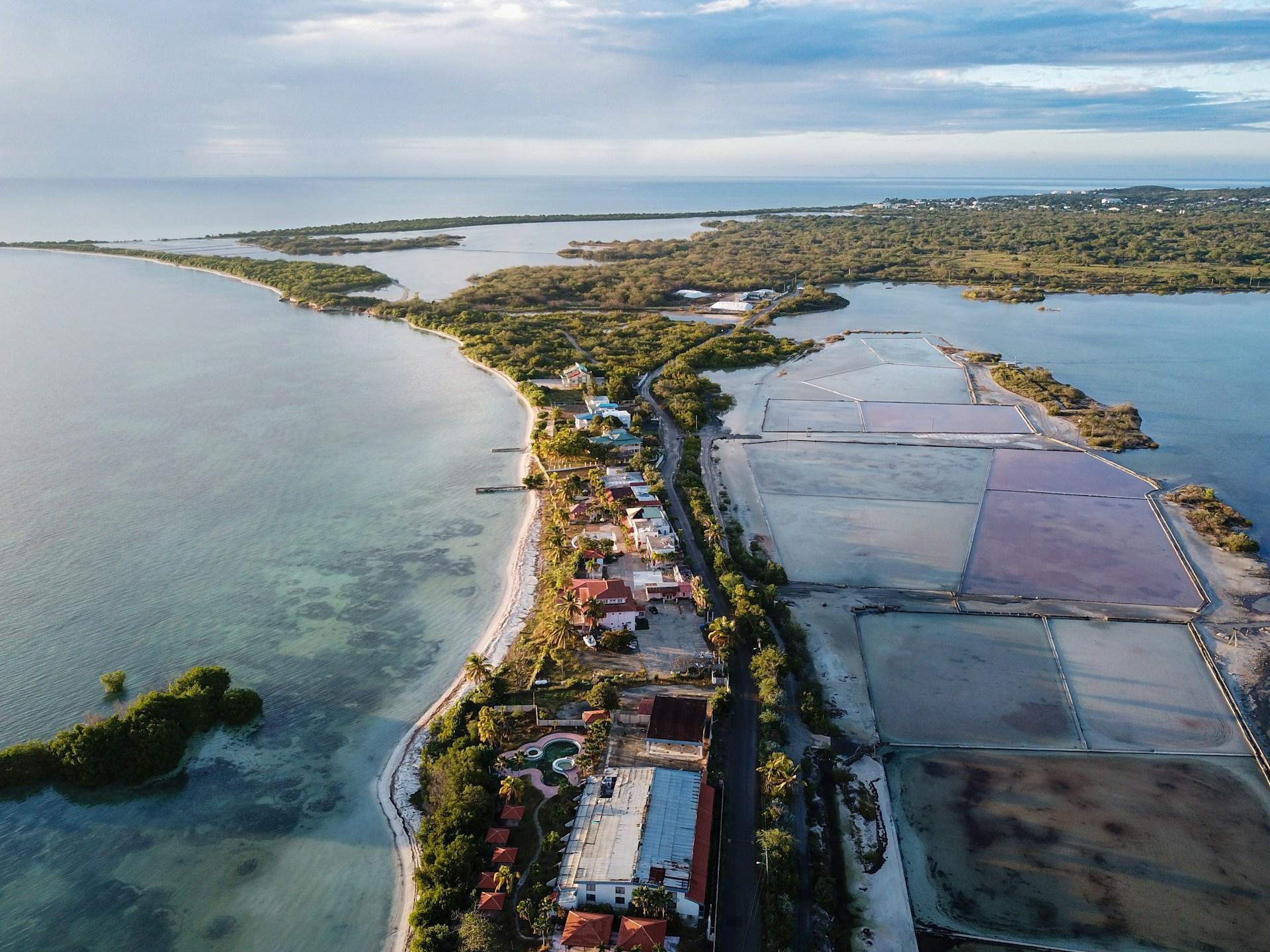
Marlyn Goyco-Garcia, an organizing manager from the advocacy group Center for Popular Democracy noticed Anna’s and the locals’ plight. The organization is running a campaign called #NotYourTaxHaven.
In a statement, she said, “Puerto Rico continues to lose billions of dollars in potential income as Puerto Ricans suffer from rising costs of living and unsustainable housing costs that continue to displace residents.”
Pressure on Tax Breakers
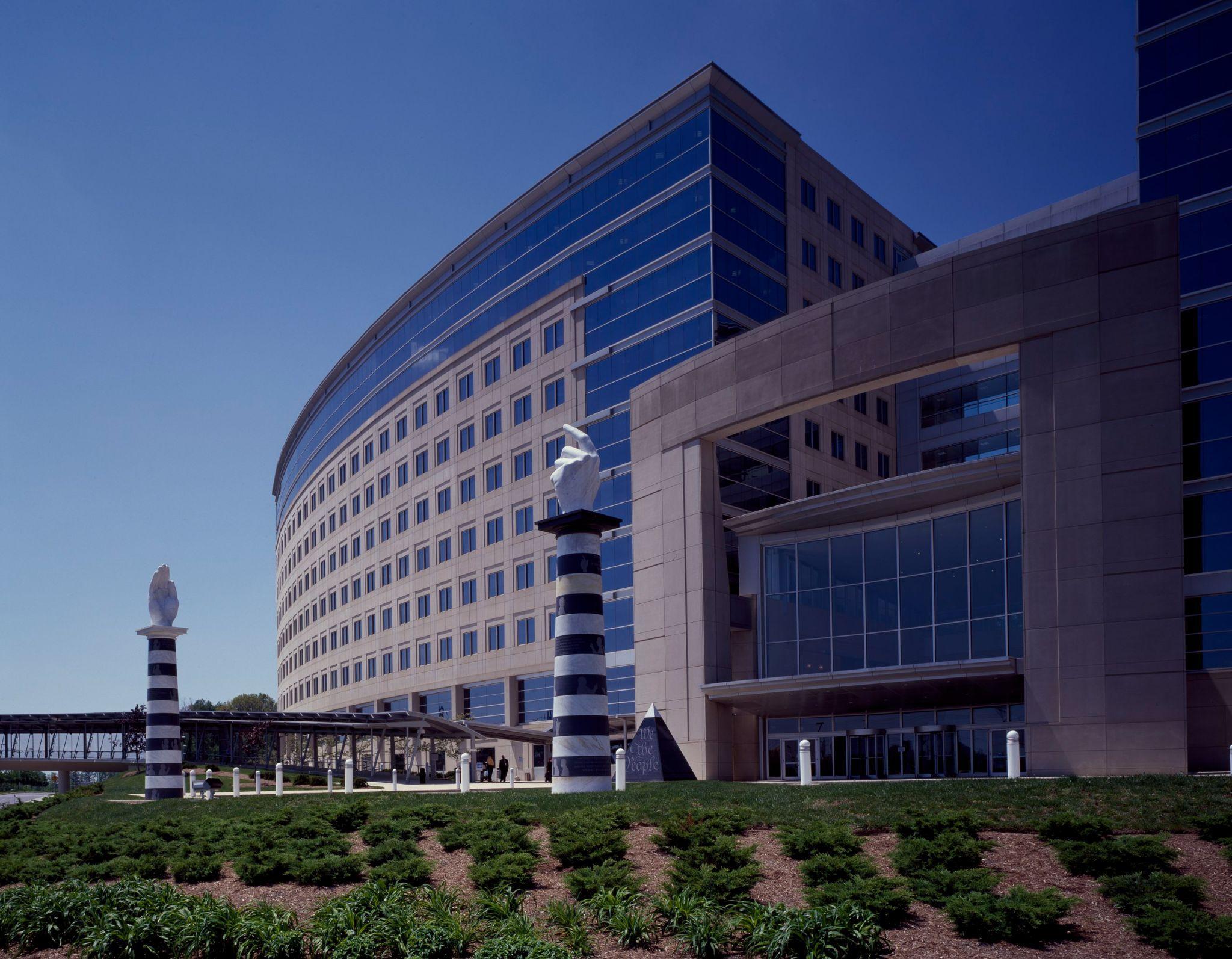
US politicians, too, are making a noise over the tax break situation. Several House Democrats in the Congress want the IRS to probe into tax breaking cases in Puerto Rico.
A predecessor to Act 60, Act 22, is also being blamed for the island’s loss in tax revenues, estimated at $2.2 billion, since 2017.
More Opportunities in Professional Fields

Will Puerto Ricans meet an end for their struggles? The future is hopeful with youngsters like Anna, who find their fortune abroad and dream of bringing it back to their island.
But she felt the problem would continue to grow until local businesses get more investments and there are more job opportunities in professional fields like medicine, engineering, and education. “People should feel like they can study whatever they want and find a dignified job opportunity on the island.”
